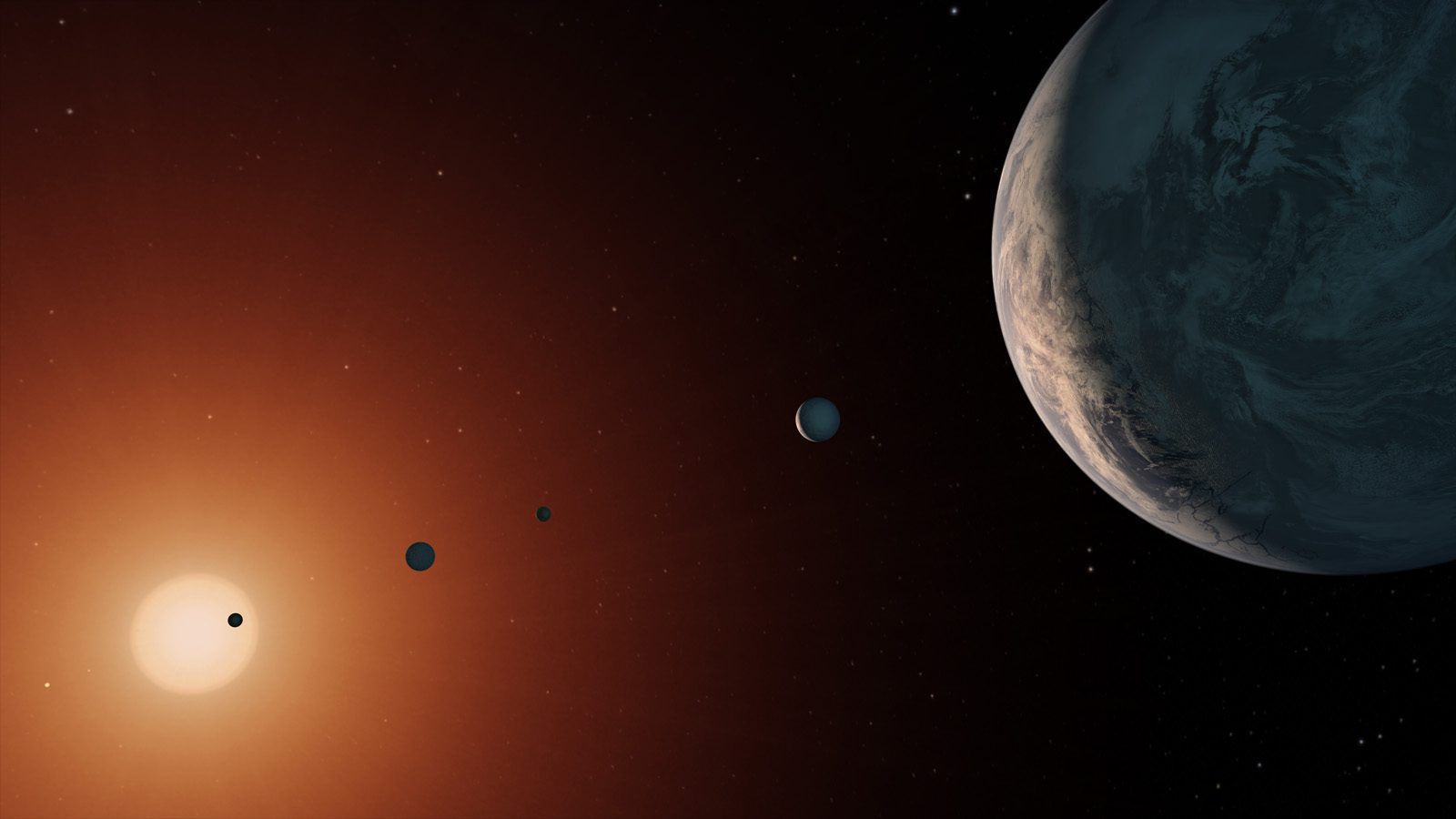Scientists have discovered a rocky, Earth-like planet that could offer a possibility of studying other atmospheres. That sort of data may help scientists in their quest to find life outside of our planet.
The researchers claimed recently that the planet, named Gliese 486b, isn’t itself likely to have life. It orbits a star relatively near our solar system. Data suggests that it is hot and dry, similar to Venus, with possible lava rivers flowing on its surface.
Its proximity to Earth and its physical attributes make it suitable for atmospheric research. Such information will be based on next-gen telescopes, including the James Webb Space Telescope that NASA aims to launch later this year.
The telescopes may provide scientists data to study the atmospheres of other exoplanets, including others that may host life.
Jose Caballero from the Centro de Astrobiologia in Spain is the study’s co-writer. The report was posted in the journal Science.
Caballero gave the new research opportunity the title of “The Rosetta Stone of exoplanetology.” He compared the research to the ancient piece of stone that helped experts understand ancient Egyptian writing.
As of recently, Scientists have catalogued over 4,300 exoplanets. Some are large gas giants like Jupiter.
Others are small, Earth-like planets, which are viable candidates for hosting life.
Unfortunately, the current scientific instruments tell us far too few details regarding their atmospheres.
Trifon Trifonov from the Max Planck Institute for Astronomy in Germany was the research’s lead writer. According to him, there are some very strict conditions for an exoplanet to be desirable for atmospheric study, like the chemical composition of the atmosphere and the proximity to its host star.













Leave a Reply